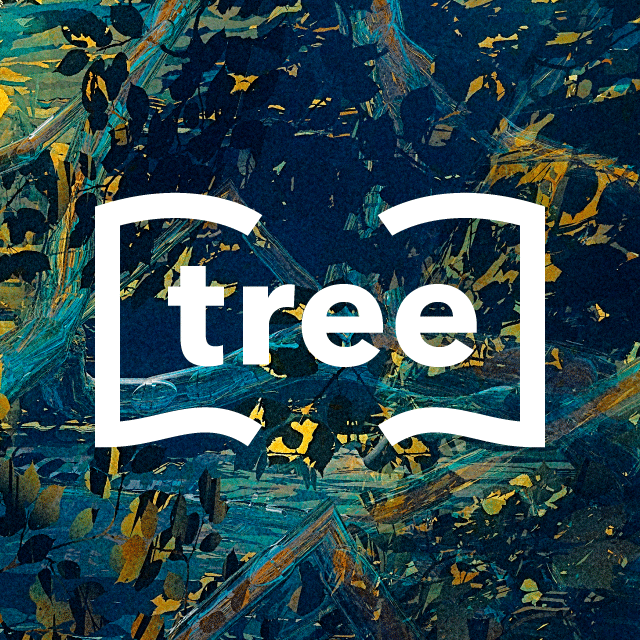12 June, Takuji Ichikawa
文字数 3,118文字
The Borderless Boys and Girls Club
Today I heard a friend’s “voice” for the first time. It was a Russian boy named Yuri. Less like a voice than the word implies, it’s closer to a scent or a melody. That’s how we can understand each other so deeply across the language barrier. He told me everything. Apparently 2020 is a major turning point for humanity. First was the wildfires in the southern hemisphere, then COVID-19, then swarms of desert locusts, then huge storms—all sorts of disasters began to assault humanity as if a dam had broken. People trembled in fear at the threat nature posed and didn’t know what to do. Rulers closed borders and attacked other countries with harsh words to defend their own positions. People were divided and isolated.
And in the midst of all that “we” appeared. Yuri called us the “Borderless Boys and Girls Club.” We don’t have borders. A wish is all it takes to connect to the opposite side of the globe instantaneously. It’s ironic, since what awakened these powers was definitely “the great divide.” Humans aren’t built for that. We seek the warmth of another person and yearn to love someone. When that was forbidden, something sprouted inside us—the power to connect. You could say it’s like our own social media platform. But this feels way more warm and real than communication through a screen. You can empathize surprisingly well and show a mysterious degree of kindness. Not a hint of attitude. Yuri said we’re joined by more and more “friends” all the time. Someone is “awakening” practically every day. The fact that it’s only teenagers supposedly has to do with the plasticity of our neural networks.
Some of the girls have awakened to “healing” powers. Actually, I’m one of them. This is another happy by-product of our difficult situation. We gently embrace someone sick or injured and make a powerful wish for them to live. It’s weird, but that alone heals their pain. We may not have the combat ability to strike down men like Wonder Woman, but maybe our kind hearts can save the world.
We might be a different species from the adults. Generation α and ω. Each day, the total kindness in the world is increasing. I’m not scared of tomorrow anymore. I want the new world to be broad-minded like a mother’s love—generous, merciful, not so easily agitated. I have a feeling that’s how it’ll be.
Translated by Emily Balistrieri /Arranged by TranNet KK
Takuji Ichikawa
Born in Tokyo, 1962.
Today I heard a friend’s “voice” for the first time. It was a Russian boy named Yuri. Less like a voice than the word implies, it’s closer to a scent or a melody. That’s how we can understand each other so deeply across the language barrier. He told me everything. Apparently 2020 is a major turning point for humanity. First was the wildfires in the southern hemisphere, then COVID-19, then swarms of desert locusts, then huge storms—all sorts of disasters began to assault humanity as if a dam had broken. People trembled in fear at the threat nature posed and didn’t know what to do. Rulers closed borders and attacked other countries with harsh words to defend their own positions. People were divided and isolated.
And in the midst of all that “we” appeared. Yuri called us the “Borderless Boys and Girls Club.” We don’t have borders. A wish is all it takes to connect to the opposite side of the globe instantaneously. It’s ironic, since what awakened these powers was definitely “the great divide.” Humans aren’t built for that. We seek the warmth of another person and yearn to love someone. When that was forbidden, something sprouted inside us—the power to connect. You could say it’s like our own social media platform. But this feels way more warm and real than communication through a screen. You can empathize surprisingly well and show a mysterious degree of kindness. Not a hint of attitude. Yuri said we’re joined by more and more “friends” all the time. Someone is “awakening” practically every day. The fact that it’s only teenagers supposedly has to do with the plasticity of our neural networks.
Some of the girls have awakened to “healing” powers. Actually, I’m one of them. This is another happy by-product of our difficult situation. We gently embrace someone sick or injured and make a powerful wish for them to live. It’s weird, but that alone heals their pain. We may not have the combat ability to strike down men like Wonder Woman, but maybe our kind hearts can save the world.
We might be a different species from the adults. Generation α and ω. Each day, the total kindness in the world is increasing. I’m not scared of tomorrow anymore. I want the new world to be broad-minded like a mother’s love—generous, merciful, not so easily agitated. I have a feeling that’s how it’ll be.
Translated by Emily Balistrieri /Arranged by TranNet KK
Takuji Ichikawa
Born in Tokyo, 1962.
Be
with
You
, first published in 2003, was adapted for film and later TV, propelling it to a bestseller. His other works includeKyūruiki
(Lovers of tears) published by Kodansha,Ren’ai
shashin:
Mouhitotsu
no
monogatari
(Love photography: Another story),Sono
toki
wa
kare
ni
yoroshiku
(Say hello to him when the time comes),Konnanimo
yasasii,
sekai
no
owarikata
(Such a gentle ending of the world), among others. His most recent work isThe
Refugees’
Daughter
, published in English by Red Circle Authors Limited.


